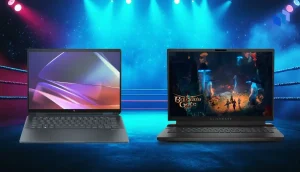What Does IP Centrex Mean?
IP Centrex is the implementation of Centrex, a service similar to private branch exchange (PBX), using VoIP. The switching for Centrex is done at the central office rather than at the premises of the client, but IP Centrex application servers can be located anywhere within the service provider’s network due to the location independence of the Internet Protocol (IP). Through the application servers, the telecom manages and maintains all of the software and communications equipment necessary for implementing the IP Centrex service and then simply sells or leases these services to its customers, meaning there is no equipment residing on customer premises at all.
Techopedia Explains IP Centrex
IP Centrex service is managed and supplied directly from the telecom’s exchange site, which is not necessarily located in the central office, as is required with traditional Centrex, while the lines going to the customers are either via traditional individual copper pairs or multiple lines multiplexed over a single fiber or copper link.
Centrex is essentially an emulation of the hardware PBX service, through the use of special software at the central office that can be customized in order to meet the client’s needs. Therefore, just as in a PBX, nodes within the group can call each other using three to five digits rather than an entire telephone number. IP Centrex takes this to the next level since IP Centrex servers can be located anywhere and clients can simply use a standard broadband IP connection to connect to this network and the service provider can then deliver the “PBX emulation” directly to IP phones.








